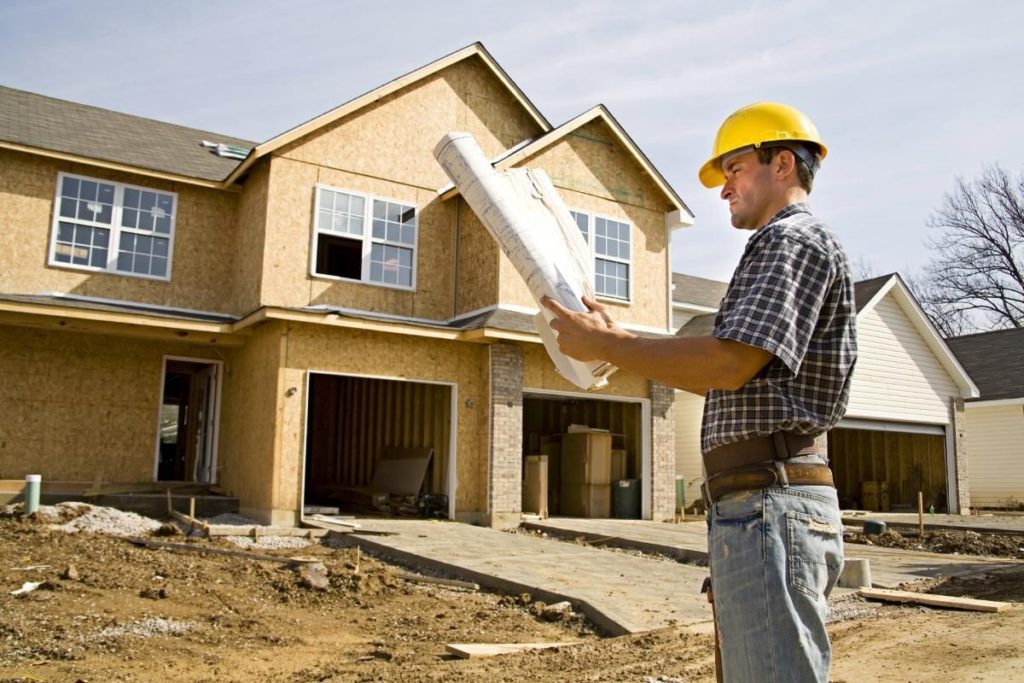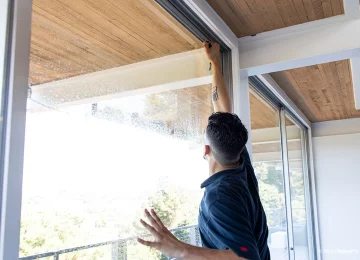Post-project evaluation and feedback are critical processes for home improvement contractors to continually improve their construction methods and foster strong teamwork on future projects. Evaluating performance, seeking feedback, and collaborating with clients are essential components that enable contractors to identify areas for improvement and deliver exceptional results. In this article, we will explore various methods and steps that home improvement contractors can use for post-project evaluation and feedback to enhance their construction process and build lasting partnerships with clients.
1. Performance Evaluation and Appraisal
Conducting formal performance evaluations and appraisals for contractors provides valuable insights for both the contractor and the project owner. These evaluations should include a clear, non-technical description of the contract’s principal purpose, how the contractor performed, and relevant information accurately depicting the contractor’s performance. The feedback gathered during these evaluations can be used to identify strengths, weaknesses, and areas for improvement in the contractor’s approach to future projects.
2. Post-Project Review
A post-project review is a crucial step in evaluating the effectiveness and efficiency of the project delivery process. It involves seeking feedback from contractors, designers, suppliers, and the client to assess how well the project was managed. Key performance indicators, such as the quality of briefing documents and the effectiveness of communications, are evaluated to determine the project’s overall success. This review provides valuable insights into the project’s strengths and weaknesses and offers opportunities for optimizing future project management.
3. Assessment of Performance in Use
An assessment of performance in use evaluates the project’s effectiveness after completion. This assessment may involve post-occupancy evaluations, building performance evaluations, and building use studies. By understanding how well the completed project meets the intended objectives and performs in real-world scenarios, contractors can identify areas for improvement and make necessary adjustments to future projects.
4. Gathering Data for Evaluation
To perform a comprehensive evaluation, contractors should gather relevant data from various sources. This data can include paperwork, interviews with the project team and stakeholders, and an analysis of all relevant data to understand what worked well and what could have been improved. By utilizing robust data analysis, evaluators can identify performance improvement opportunities and make data-driven decisions for future projects.
5. Encouraging Collaboration
Collaboration between the contractor and the client is pivotal for successful post-project evaluation and feedback. Contractors should actively seek feedback from clients and be open to hearing their perspectives on the project’s strengths and areas for improvement. Emphasizing collaboration fosters a strong working relationship and demonstrates a commitment to continuously improve performance on future projects.
Benefits of Post-Project Evaluation and Feedback
- Continuous Improvement: Post-project evaluation and feedback provide valuable opportunities for contractors to learn from each project and make iterative improvements. By analyzing past performance, contractors can refine their construction methods, enhance efficiency, and deliver higher-quality outcomes.
- Enhanced Client Satisfaction: Engaging in post-project evaluations and seeking client feedback demonstrates a dedication to meeting client expectations. Addressing any concerns or areas for improvement contributes to enhanced client satisfaction and strengthens the contractor-client relationship.
- Building Trust and Credibility: Home improvement contractors who prioritize post-project evaluation and feedback build trust and credibility within the industry. Clients appreciate contractors who actively seek feedback and take measures to continuously improve their services.
- Teamwork and Collaboration: Evaluating project performance and seeking feedback from all stakeholders fosters a collaborative environment. Contractors can identify teamwork strengths and areas for improvement, leading to smoother collaboration on future projects.
Conclusion
Post-project evaluation and feedback are essential processes that home improvement contractors should embrace to continuously improve their construction process and build strong teamwork with clients. By conducting formal performance evaluations, seeking feedback through post-project reviews, and assessing performance in use, contractors can identify areas for improvement and optimize their approach to future projects. Additionally, gathering data and encouraging collaboration with clients play a crucial role in refining construction methods and enhancing overall project outcomes. Embracing these methods and steps will lead to a more successful and rewarding experience for both contractors and clients in the home improvement industry.









